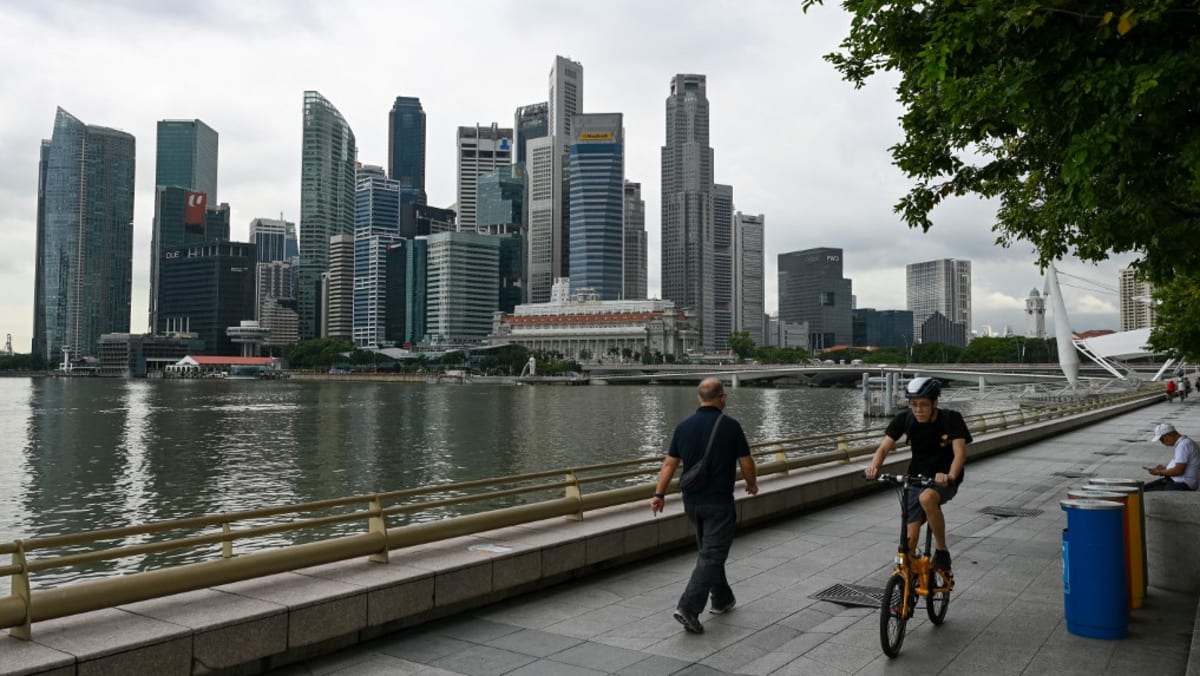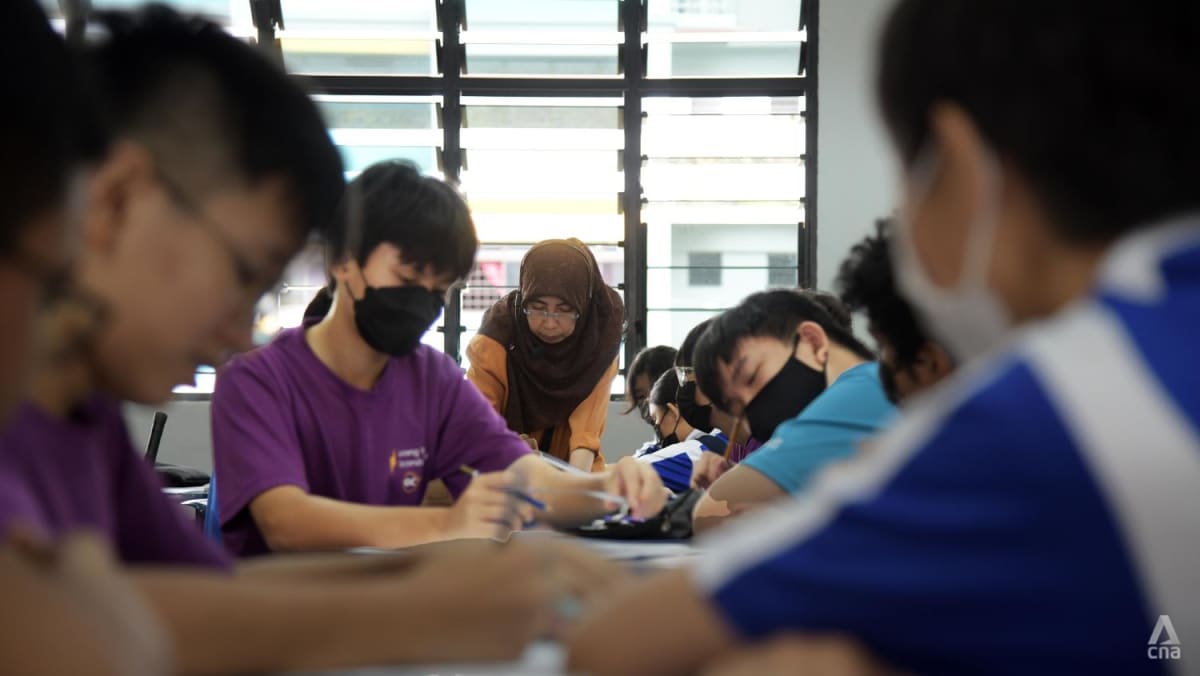Now that elections are over, and emotions no longer run as high, Mr Shanmugam said he was making this ministerial statement “to remind ourselves as Singaporeans about the framework and fundamentals that have allowed Singapore to succeed”.
He said that while it was not the first time the issue is being discussed in parliament, events during the recent General Election “warrant this being raised again”.
Mr Wong had called a press conference in April in the midst of election campaigning to stress that foreigners urging Singaporeans to vote along religious lines have “crossed the line”.
He also urged all political leaders to also firmly reject overseas endorsements, and called on all political parties to make their positions clear – not only on foreign interference, but also that identity politics has no place in Singapore and religion should never be mixed with politics.
“It is too serious a matter – existential to Singapore – for us to simply let it slide, and so I decided to make this statement at the earliest opportunity after the opening of parliament,” said Mr Shanmugam.
He said the main purpose of the statement was to set out Singapore’s fundamentals, to which he hoped there would be “clearer understanding of how we hope politicians and political parties will conduct themselves in future should these issues arise again”.
“We must learn from what has happened,” he added.
He said parliamentarians may debate and disagree on many things. “But I hope that we can all commit to handle issues of race and religion in a responsible and sensible manner, and to uphold the integrity of Singapore’s secular politics.”
Mr Shanmugam noted that other than Mr Wong’s reminder during the hustings, the Ministry of Home Affairs and Elections Department during the same period had also issued a strong statement warning against bringing race and religion into politics.
And in the recent President’s Address, President Tharman Shanmugaratnam reminded Singaporeans that “we can never take our unity for granted and must guard it zealously”.
During the debate on the President’s Address, Prime Minister Wong also urged all political parties to conduct politics with seriousness, with integrity and a deep sense of responsibility.
“So why do we keep repeating these points over and over again? It is because these fundamental principles are central to the very existence of Singapore,” said Mr Shanmugam. “We decided that we should state our position formally, robustly and unequivocally at the highest forum in our country – the parliament.”
Mr Shanmugam then raised a moment in Singapore’s history that he said “few here will remember”.
On the day Mr Lee Kuan Yew pledged that Singapore will not be a Malay nation, Chinese nation, Indian nation and that all will be equal, then Malaysian Prime Minister Tunku Abdul Rahman said he had asked the Johor state government to set aside 10 acres of land for any Malay in Singapore who wished to leave the newly independent country.
Mr Shanmugam said this might have appeared an attractive option to some of the pioneer generation Malays – get some land and remain a member of the majority in “Tanah Melayu”, or the Malay land.
“But not a single pioneer generation Malay took up the offer. They chose to stay in ‘Tanah Singapura’ instead and build a home here,” he said.
“We owe them so much. If they had left, we wouldn’t have remained a multiracial country as we are now. Also, if the Chinese majority had at that point refused to listen to Mr Lee, then we wouldn’t be the multiracial country that we are today.”
GENERATIONAL DIFFERENCES
In a clarification after Mr Shanmugam’s statement, Leader of the Opposition and secretary-general of the Workers’ Party Pritam Singh asked if the government was considering a new “framework”, given differences between how older and younger generations approach race and religion issues.
“Can we, for example, see more safe spaces or different styles in trying to deal with race or religion issues, particularly for the reasons that the minister states – the nature of social media and how a certain tribalism can develop in society,” said Mr Singh.
Mr Shanmugam said that on many issues, demographically there are different viewpoints and it was important to “analyse them carefully, not jump to conclusions”.
He said that on some issues, younger people can be “more nationalistic and more Singaporean” compared to the older generation.
“And we find that younger Singaporeans are less prone to foreign influence compared with some demographics in the older generation,” he said. “There are a variety of things that the government is doing and also constantly analysing, but we always welcome ideas on how we can do this better, and if they are workable, we will consider.”






